By Simon Kilmurry
On behalf of the International Documentary Association, I am writing to express our deep alarm and concern at the recent rejection of a visa application for documentary filmmaker Rokhsareh Ghaemmaghami by Immigration New Zealand.
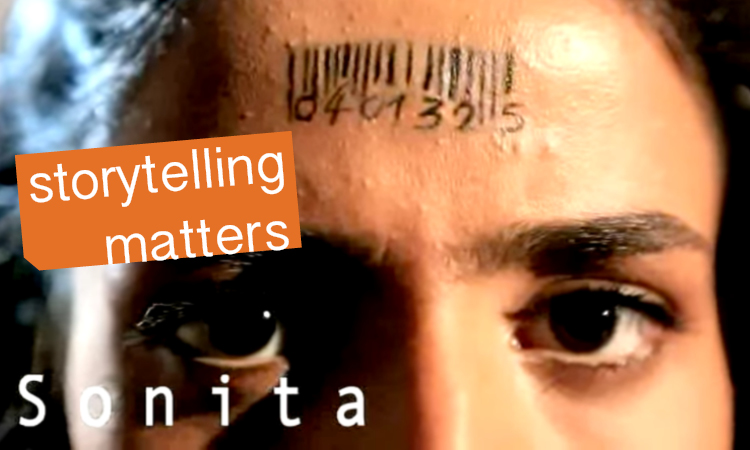
By Simon Kilmurry
On behalf of the International Documentary Association, I am writing to express our deep alarm and concern at the recent rejection of a visa application for documentary filmmaker Rokhsareh Ghaemmaghami by Immigration New Zealand.
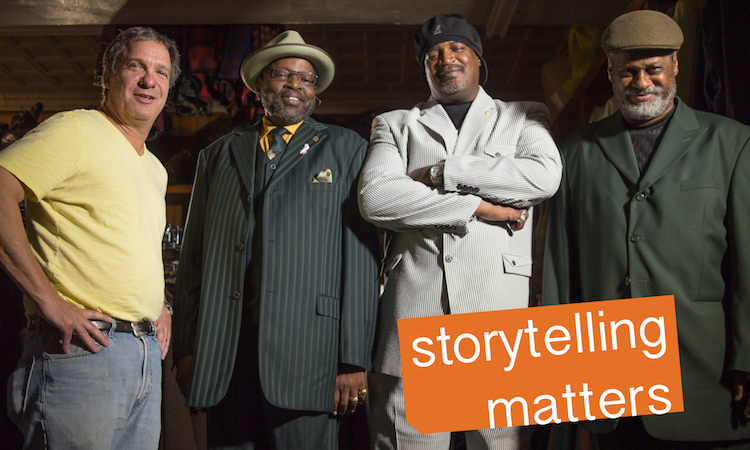
By Erica Ginsberg
What if I told you there was a documentary strand which has shown nearly 100 amazing social issue documentaries about the forgotten stories of contemporary American society followed by provocative conversations on the issues spotlighted?
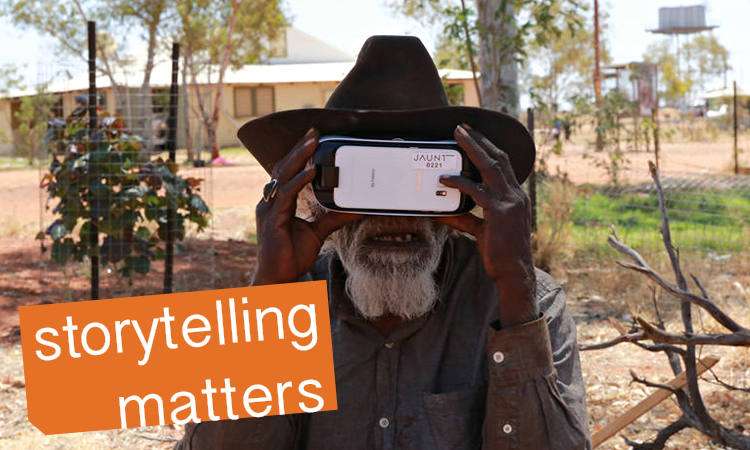
By Mary T. An
What happens when you put a climate scientist, a filmmaker, and an environmental activist together in a room for a day and ask them to create something?
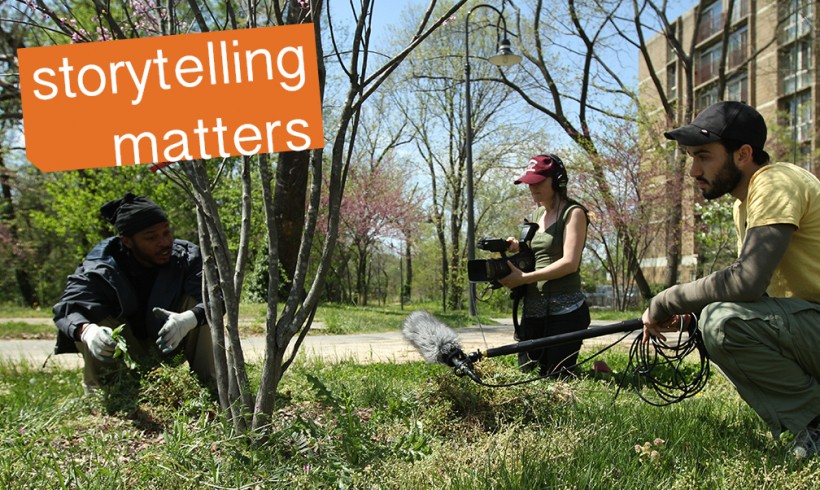
By Brandon and Lance Kramer
Since we started Meridian Hill Pictures in 2010, we have been privileged to participate as relative newcomers in the long tradition of documentary storytellers who have used the medium of film to share underrepresented perspectives, build empathy for people different from ourselves, and facilitate constructive dialogue about the complexities of the human experience.
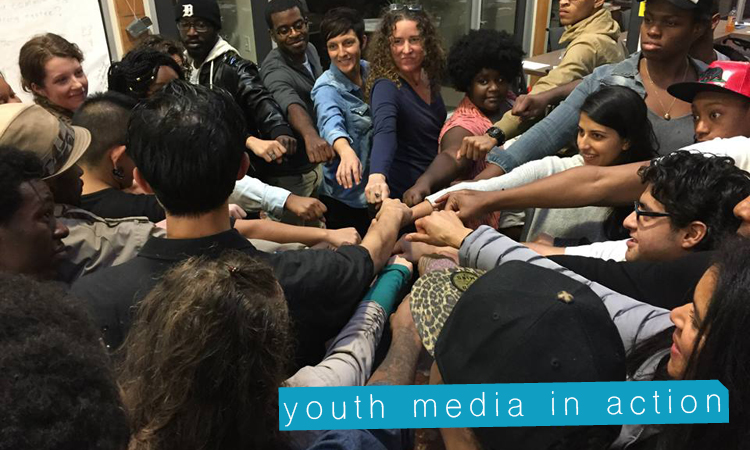
A 'blogversation' by Jason Wyman, Myah Overstreet, and Wendy Levy
Introducing the 50-State Dinner Party Project!
Wendy: When I first started at NAMAC a little over a year ago, I had a long conversation with Board Member Kasandra VerBrugghen, the Executive Director of SpyHop in Utah. I was bowled over by the creative energy, solidarity and conviction around NAMAC’s National Youth Media Network programming and the collective desire for growth and change—especially around the inclusion of youth voices at every phase of the process.
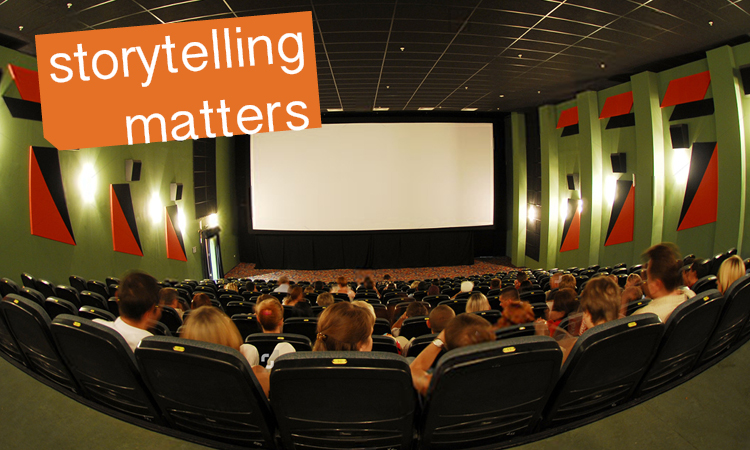
By Abigail Disney
We Americans live in a culture that is stuffed past capacity with media. Barely a second goes by that some ad, some tweet, some gif, or some viral video is not trying to elbow everything else out for our notice.
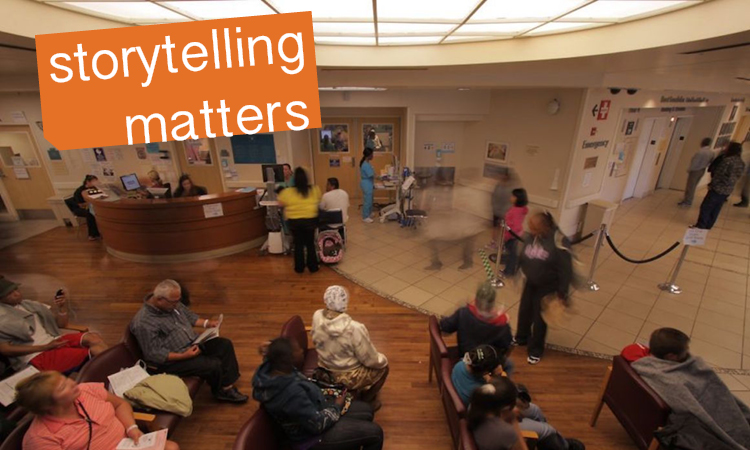
By Peter Nicks
In 1988, Eddie Murphy stood on the stage at the Academy Awards to present the award for best picture. He began his introduction as one would expect—cracking a couple of jokes—but quickly changed course to scold Hollywood for its historical snubbing of African American actors.
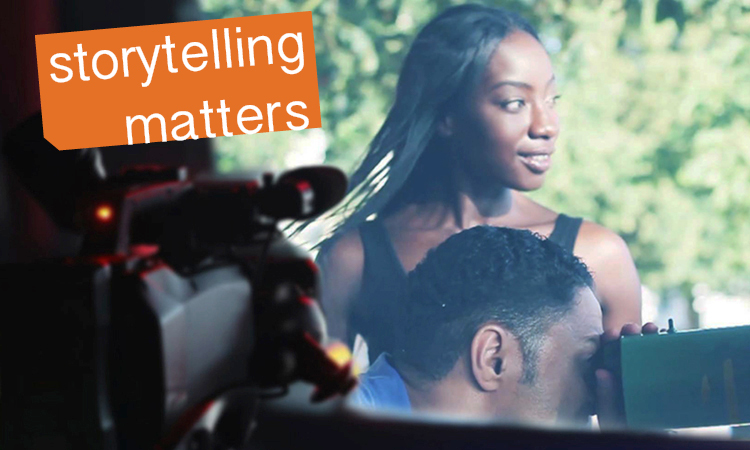
By Keya Crenshaw
As a freelance creative (Theatremaker, Filmmaker, Placemaker, Image Consultant, Development Coordinator...), I know at first hand that steady opportunities do not often present themselves.

This essay is a conversation between Anselm Hook (Creative Technologist, former CTO of Meedan, Co-Founder of Maker Lab and Liminal AR in the Samsung Accelerator) and Wendy Levy, the Executive Director of the National Alliance for Media Arts and Culture.
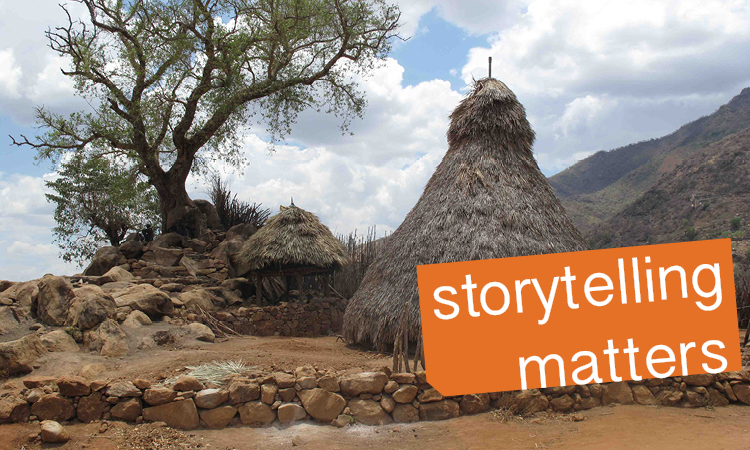
By Mary T. An
I’ve been thinking a lot about stories we hear. And, more importantly, the stories we don’t hear.